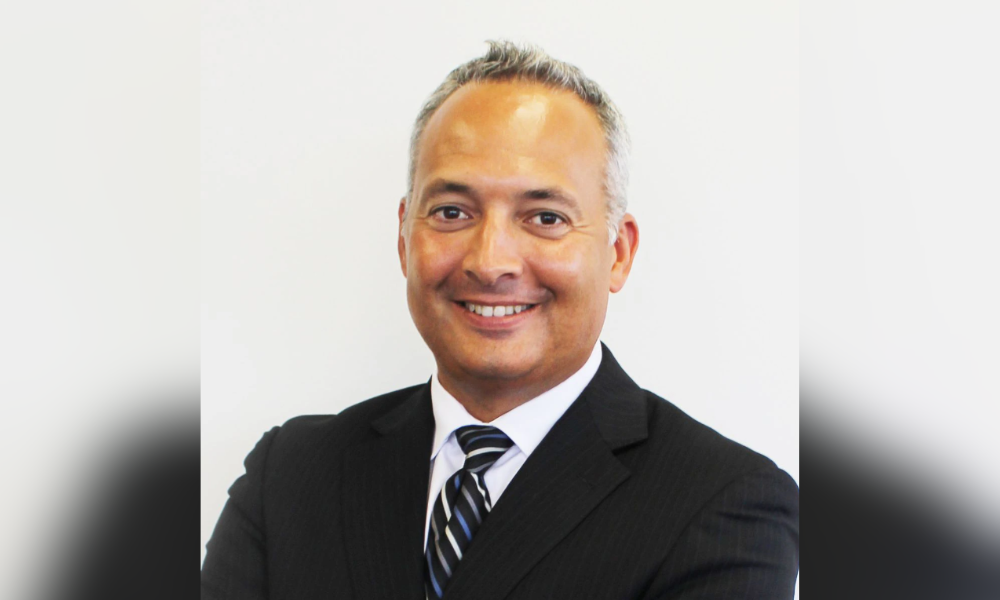'Are advisors necessarily capable of doing that additional management?' asks veteran

Robert Luft is a seasoned financial advisor who’s concerned about how well wealth management institutions and firms are training and retaining advisors these days as more and more jump ship for independent companies where they can grow their business, then slide into retirement.
“We need to re-establish core competency training because, as the independents tend to recruit larger advisors, they’re hoping that those people are taking care of that on their own,” Luft, the founder and managing partner of Luft Financial and a portfolio manager with iA Private Wealth, told Wealth Professional.
“But, are the advisors necessarily capable of doing that additional management? That means looking at management models. In the past, essentially the managers were the recruiters. They’d go out there and build their division and whomever survived, good for them. That’s essentially how it was.
“I think it has to transition to managers who are truly experts at helping larger advisors who are aspiring to be larger manage their businesses. So, it’s important to help them with things like HR and implementing their own internal specialists, for legal and tax matters and things like that.”
Luft is concerned about what’s happened to all of the training programs that used to exist when he began more than twenty years ago. There weren’t as many independents, but all the major dealers and mutual fund proprietary shops, like the investor and insurance groups, had training programs where new advisors could gather to learn the basics.
“It was throwing it up against the wall and hopefully something would stick,” said Luft. “Your manager was essentially a recruiting division director, who got paid off of you, so had a huge incentive to help you survive. But, you had managers who had a real stake in whether someone survived. Fast forward, and now, how does the industry help firms grow? If you look at some of the newly formed independents, they didn’t grow internally, they took advisors from other shops.
“There are more advisors leaving to go to other firms with the idea that somehow it’s better. They’re doing it because the cheque was big enough or it’s their way of retiring without needing a true succession plan. So, that’s caused some problems in the industry because how does a young graduate from university break into the business anymore? Unfortunately, it means they’re starting off as employees being trained in a very different way at major financial institutions – be it banks or credit unions. So, you have to get in somehow with an independent as an associate. But, do those independent firms have clear associate training programs like the days of old or are you leaving it to the advisors who were trained very differently 20 years ago? I see that as a big disconnect.”
Luft said he’s concerned the banks may be questioning why they should have a 50% pay model for their staff, with the banks operating as their back office, when they can just keep these people in their private wealth division or personal private investment counselling program, so they don’t have to cultivate their entrepreneurial spirit now. But, he knows people have the desire to run their own businesses, and the American RIA style of business is just starting to arrive here. He said there are still questions about how advisors can build succession plans with how things are now.
Luft recommended that firms take a look at their retention and why advisors are jumping ship and be cognizant of how this is impacting service to their clients.
“If you really want good service, you have to ensure that your plans are up–to-date. So, have regular meetings and make sure your technology is up-to-date,” he said. “But, look at your training, too.”



